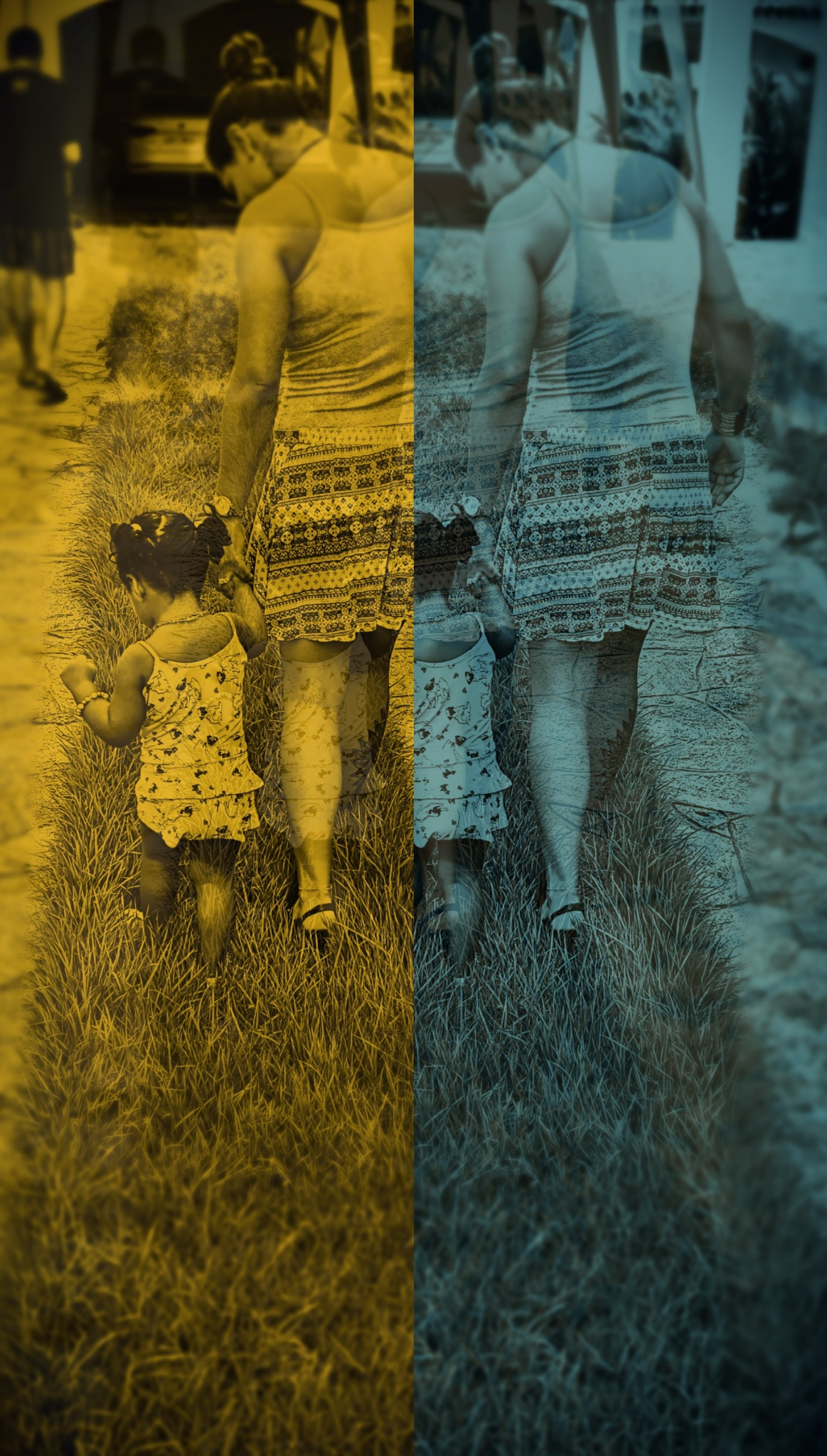THE DAUGHTERS OF ALCOHOL GEL:
AN ESSAY ON HOW THE COVID-19 PANDEMIC CAN HELP US REFLECT ON CHILDHOOD AND BIOPOLITICS
DOI:
https://doi.org/10.22478/ufpb.2447-9837.2023.n16.66175Abstract
This paper rises from the experience of a walk through the neighborhood with my daughter – habitual, if it weren’t for the Covid-19 pandemic. Through this experience that involved the senses, the subjectivity, the city and the relationships between human and non-human animals, the goal was to problematize how we are building and conducting relationships in this pandemic context, especially with young children, alluded as “the alcohol gel daughters”, because they are being socialized in this historical time. I discuss issues related to citizenship, autonomy and children’s agency, situating relationally the (power) relationships between parents and children, through the instrument of discipline. Walking through the question “how can this pandemic help us to ponder on childhood and biopolitics”, I suggest that, currently, to think about control, power and discipline in the context of childhood, is to question how and for what we are educating our children.
KEYWORDS: Childhoods. Discipline. Pandemic. Biopolitics.
Image: Author walking with her daughter. Source: Luciana Calado.
Downloads

Downloads
Published
Issue
Section
License
- Autores mantém os direitos autorais e concedem à revista o direito de primeira publicação, com o trabalho simultaneamente licenciado sob a Licença Creative Commons Attribution que permite o compartilhamento do trabalho com reconhecimento da autoria e publicação inicial nesta revista.
- Autores têm autorização para assumir contratos adicionais separadamente, para distribuição não-exclusiva da versão do trabalho publicada nesta revista (ex.: publicar em repositório institucional ou como capítulo de livro), com reconhecimento de autoria e publicação inicial nesta revista.
- Autores têm permissão e são estimulados a publicar e distribuir seu trabalho online (ex.: em repositórios institucionais ou na sua página pessoal) a qualquer ponto antes ou durante o processo editorial, já que isso pode gerar alterações produtivas, bem como aumentar o impacto e a citação do trabalho publicado (Veja O Efeito do Acesso Livre).


